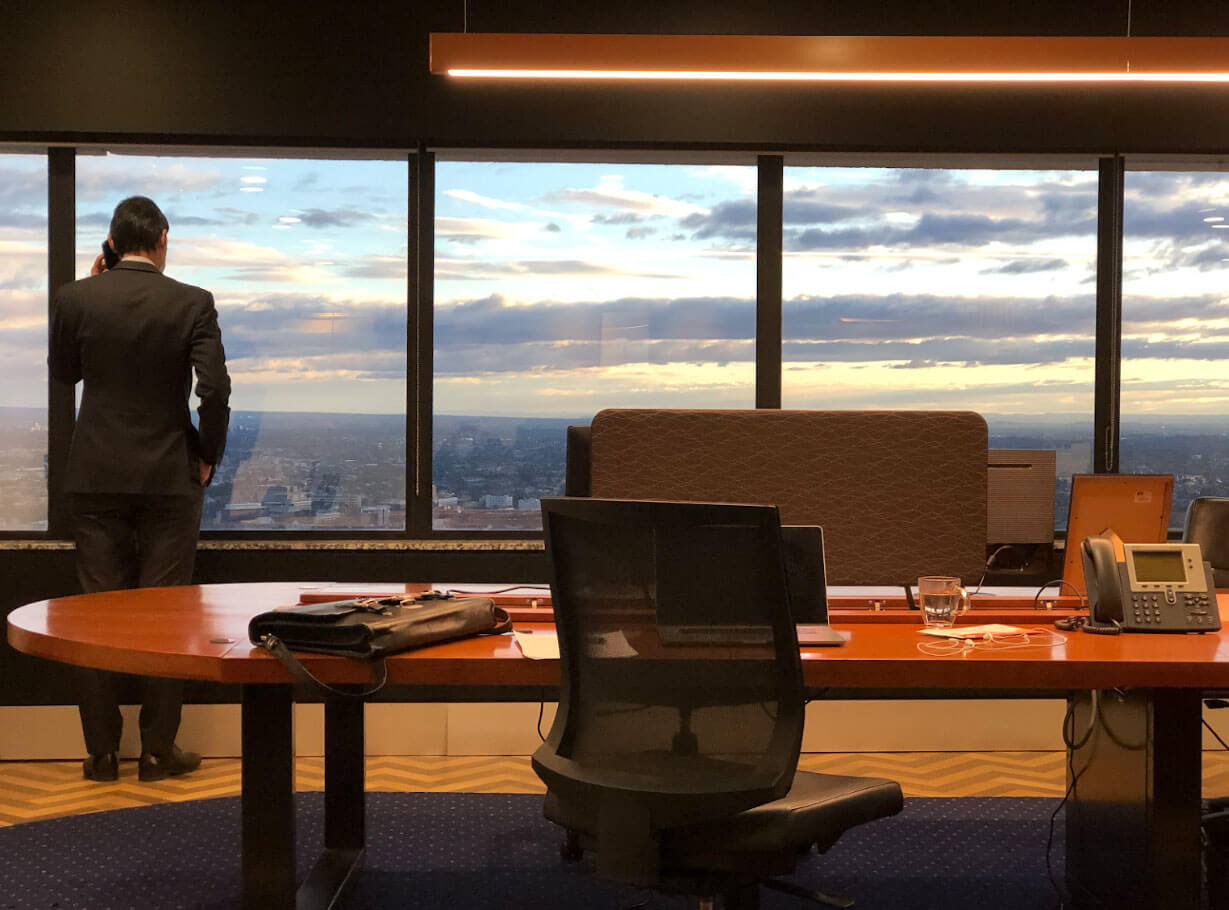Commercial & Retail Leases
Buckley Lawyers has extensive experience in assisting both landlords and tenants with matters involving commercial and retail leases.
The most obvious difference between retail leases and commercial leases is the use of premises. Typically, retail leases are for businesses in retail shopping centres such as beauty shops, fruit and vegetable stores, pharmacies, and takeaway food outlets.
Retail leases are protected by the Retail Leases Act 1994. Typically, a lease will be covered by the Retail Leases Act if the retail premises are located in a retail shopping centre. The Retail Leases Act defines a retail shopping centre as a cluster of at least five premises promoting themselves, or generally regarded as constituting a shopping centre, shopping mall, or shopping arcade.
The Retail Leases Act does not apply to retail shops that have a lettable area of over 1000 m² or any retail shops that have a lease term of over 25 years or less than 6 months without any right of the tenant to extend the lease. The Act also does not apply to vending machines, storage lockers, ATMs or stalls in a market unless the market is a permanent retail market.
A disclosure statement must be provided by the landlord to the tenant at least 7 days before the lease is entered into. A disclosure statement contains information about the lease and the tenant’s financial obligations.
The preparation of a retail lease must be paid by the leasor (landlord).
In the event of a dispute, parties are not permitted to commence proceedings until they attend mediation. The NSW Small Business Commissioner provides mediation services at a cost of approximately $330 for each party for a half day mediation.
In circumstances where parties cannot resolve matters and have attended mediation, NCAT holds the jurisdiction over retail tenancy claims. NCAT can hear matters up to a value of $750,000.
Commercial leases on the other hand are typically used for businesses involving office space in warehousing or industrial premises. These are not covered under the Retail Leases Act and they are governed by the common law and the Conveyancing Act 1919 (NSW).
Commercial leases offer less protection than retail leases as the law assumes that the business has been able to obtain legal advice before entering into any lease agreement.
The drafting of a commercial lease is often negotiated between the landlord and the tenant and there is no obligation that the landlord must be solely responsible for the cost.
Should you have any queries in relation to your commercial or retail lease, Contact us today on (02) 9220 1737.
We can help.

-
Personalised Legal Services
Dedicated to progressing your matter.
-
Solicitor Advocacy
Advocating strongly on behalf of clients in court.
-
Strategic Advice
Providing clients with strategic guidance throughout the legal process.
-
Practical Advice
Communication and advice in clear and easy to understand language.
-
Prompt Action
Providing advice to clients after hours and on weekends.
-
Resolution Focussed
Mediating matters for a prompt resolution.
-
Practical Legal Advice
-
Solicitor Advocacy
-
Strategic Advice and Representation
-
Hundreds of Satisfied Clients
-
Nationally Accredited Mediator

-
Address
Lawson Place, Suite 1.05, 165-167 Phillip Street, Sydney, NSW 2000
-
Call 24/7 Legal Help02 9220 1737 0415 604 593 (After Hours)
-
Emailadmin@buckleylawyers.com.au
-
Business Timings
Mon to Fri: 08:00am - 06:00pm
Sat, Sun: Closed

